Learn how creators are excluded from the traditional banking system and how a new wave of startups are filling the gap on this week’s PressClub podcast. I interview 5X Canadian chess champion and Twitch star Alexandra Botez plus the credit card for creators Karat’s founders Eric Wei and Will Kim about why creators deserve fintech. Listen on Apple, Spotify, or your favorite podcast app
The music industry is the direct ancestor of the creator economy. They both revolve around artists, often under-paid for their work, who must expand beyond their primary medium to build an audience.
Being a virtuosic musician ceased to be sufficient in the 1960s, when The Beatles proved the power to build fandom by becoming actors and on-screen personalities through films and The Ed Sullivan Show.
Similarly, a YouTuber, TikToker, or Instagrammer can’t stay put on their original medium if they want to keep growing and diversifying to reduce platform risk. They need to expand across text, image, audio, and video formats, and become or hire community managers, data scientists, ecommerce aces, and licensing sages to extend their presence.
Yet too often, both are left without fair tools to finance their teams and content production. Musicians get stuck in exploitative record deals while being expected to make exclusive digital content for free. Creators lack the working capital to pay for video shoots and editors while they wait for much-delayed ad revenue payouts and brand deal money to arrive.
Today we’ll explore two of our fund SignalFire’s investments solving these problems. Karat’s financial services for creators, and Flymachine’s concert streaming from the shows artists already play.
Bridging URL & IRL concerts via video chat with Flymachine
Music lovers deserve more than sitting by themselves watching single-camera streams from an artist’s basement. The livestreamed music experience should evoke the same excitement of arriving with friends or serendipitously running into them, and the kinetic immersion of a great concert venue’s sound system and stage lights -- all while letting you see the best artists anywhere from the comfort of your home.
Musicians tried their best this past year with the limited tools they had, but concert streams felt more like Zoom calls than culture. Bands like Sofi Tukker who streamed every single day did society a great service, but too often, the level of added work didn’t match the compensation.
To give fans a worthy concert-going experience while supporting the music industry, you need to help:
Artists earn money streaming shows without piling more work upon their already busy schedules
Venues bring fans the intimate close-ups and entrancing light shows they’d get in-person while paying their staffs
Fans feel the camaraderie of attending concerts with friends, even when they’re apart
Flymachine’s concert streaming destination brings these elements into harmony. By equipping the world’s iconic venues with top-notch cameras, visual effects, and social streaming technology, Flymachine is pioneering the digital future of live events.
Fans get front-row seats right beside their friends thanks to picture-in-picture video chat overlaid on the best views of the stage. You can start a private room where you can mix the show’s sound with spatial audio from your pals to bounce between focused listening and commentary from your crew. Or, you can explore the rest of the crowd to run into friends or meet fellow fans. All the while, you get to support independent venues while enjoying jaw-dropping special effects and crowd visualizations. You’re in the center of the action awash in superb sound without anyone stepping on your shoes.
Attending events through Flymachine, you’re not limited to the tours coming to your town, or the artists willing to stream for free. Flymachine taps into the endless supply of in-real-life performances coming to iconic concert halls including some of Rolling Stone’s Top 10 Venues In The Country like NYC’s Bowery Ballroom and The Crocodile in Seattle. Artists gain an additional revenue stream by opting in to broadcast via Flymachine, allowing them to play to stadium-sized crowds from the intimate stages they prefer.
We spent the past year exploring the concert streaming space. Too many startups either forced artists to design and play shows just for streaming with no live audience to react to, cut venues out completely leaving performances looking drab and amateur, or ditched fans in asocial isolation. That's why concert streaming hasn't reached its full potential until now.
Building a company like Flymachine takes a special team with the experience to balance all the stakeholders in the notoriously complex music industry. You need someone like CEO Andrew Dreskin, the man who pioneered modern concert ticketing. He built TicketWeb, which was acquired by TicketMaster, and then TicketFly which was bought by Pandora. Andrew has spent 30 years in the business, from running the Beserkley Records store to managing the Virgin Mobile Festival to leading music at EventBrite and founding startups. That’s given him the empathy for artists, managers, labels, venues, and promoters that’s necessary to build a streaming destination where everyone wins.
Minutes into watching my first Flymachine show, I fell in love with a new band and ran into an old friend. I laughed with buddies about how much we missed live music, then dragged my little video window away to zone into a beautiful song. Soon I was wishing I could watch ballet or stand-up comedy with a similar experience. Luckily, Andrew and his amazing team have a vision to bring mediums beyond music to Flymachine.
Immersive. Social. Built so artists can expand access to their performances while growing their audience and business. That’s why SignalFire could not be more amped to support Flymachine on this audacious endeavor by leading the startup’s Series A financing that brings it to $21 million in funding (read more on TechCrunch). Other music industry legends joining the round include Redlight Management founder Coren Capshaw who manages Dave Matthews Band and Phish, concert promoter Another Planet Entertainment, and musicians like Mumford & Sons’ Ben Lovett.
Go check out Flymachine’s calendar of upcoming events. Regardless of where you are, we look forward to bumping into you at the next show.
We’re moving towards an experiential culture. People don’t end up on their deathbed lamenting “all those things I could have owned.” It’s “all those things I could have done!” Flymachine lets you do more. When you can experience culture surrounded by friends, you make memories, and URL becomes just as good as IRL.
The Comprehensible Wedge and Karat's credit card for creators
Flymachine’s genius go-to-market strategy comes from equipping venues with cameras so artists can stream the shows they already play. Bands don’t need to record extra shows, change their stage set up, or even know much about streaming. They just promote the Flymachine broadcast and get paid extra. Now venues and artists are rapidly signing up. That’s what I call a comprehensible wedge.
The most impactful companies typically solve for multiple problems or customer demographics, but that's not how they launch. Instead, they unfold like a good book, hooking you with an eye-catching cover and then drawing you in with an enthralling opening. Products that overwhelm us with too much functionality or confuse us with the wrong wedge appear complicated, inscrutable, and exhausting. Karat CEO Eric Wei discovered that while building a suite of fintech services for creators
"We made the classic mistake many startup founders do" says Wei. His team started with the wrong wedge. "Let's go build taxes for creators. Let's go build QuickBooks for creators. Let's go do business capital for them . . . *crickets*" The problem was that most creators didn't know what business capital was, what QuickBooks actually does, or that taxes don't have to be scary.
Karat took off when instead, the team built a comprehensible wedge in the form of a credit card. It looks at a creator’s following and engagement rate to give them a credit score. Then they can pay for their content production and staff with Karat’s credit card, and pay off the balance when their ad revenue, subscription money, or brand dollars arrive. Now that Karat’s growing 50% month-over-month, it can layer on services around taxes, loans, mortgages, business incorporation, and other crucial but less seductive products.

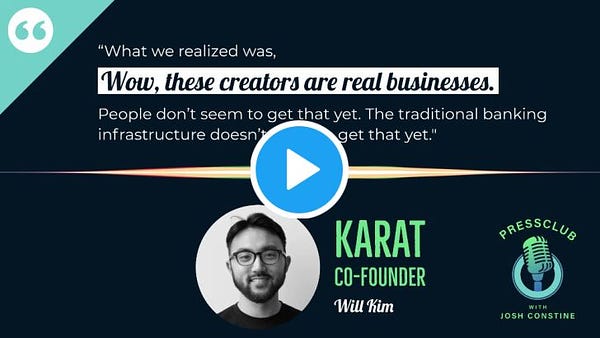
Your comprehensible wedge is like the first level of a well-designed video game. It’s immediately fun or enticing, but step-by-step, it educates you about how everything else works. Only once you’re initially satisfied does it layer on more complicated mechanics. A good go-to-market strategy works the same way.
Alexandra Botez, the 5X Candian chess champion and Stanford grad couldn’t even get a bank account because old-school financial institutions didn’t understand how her Twitch streaming business worked. Karat equipped her with a credit card, and now it’s helping her invest in the startups whose tools power her creativity.
To learn more about BotezLive’s story and the rise of creator fintech, grab our podcast on Apple, Spotify, or your favorite podcast app

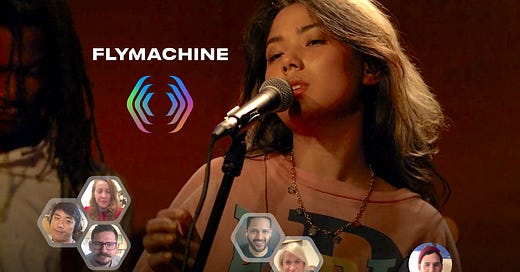




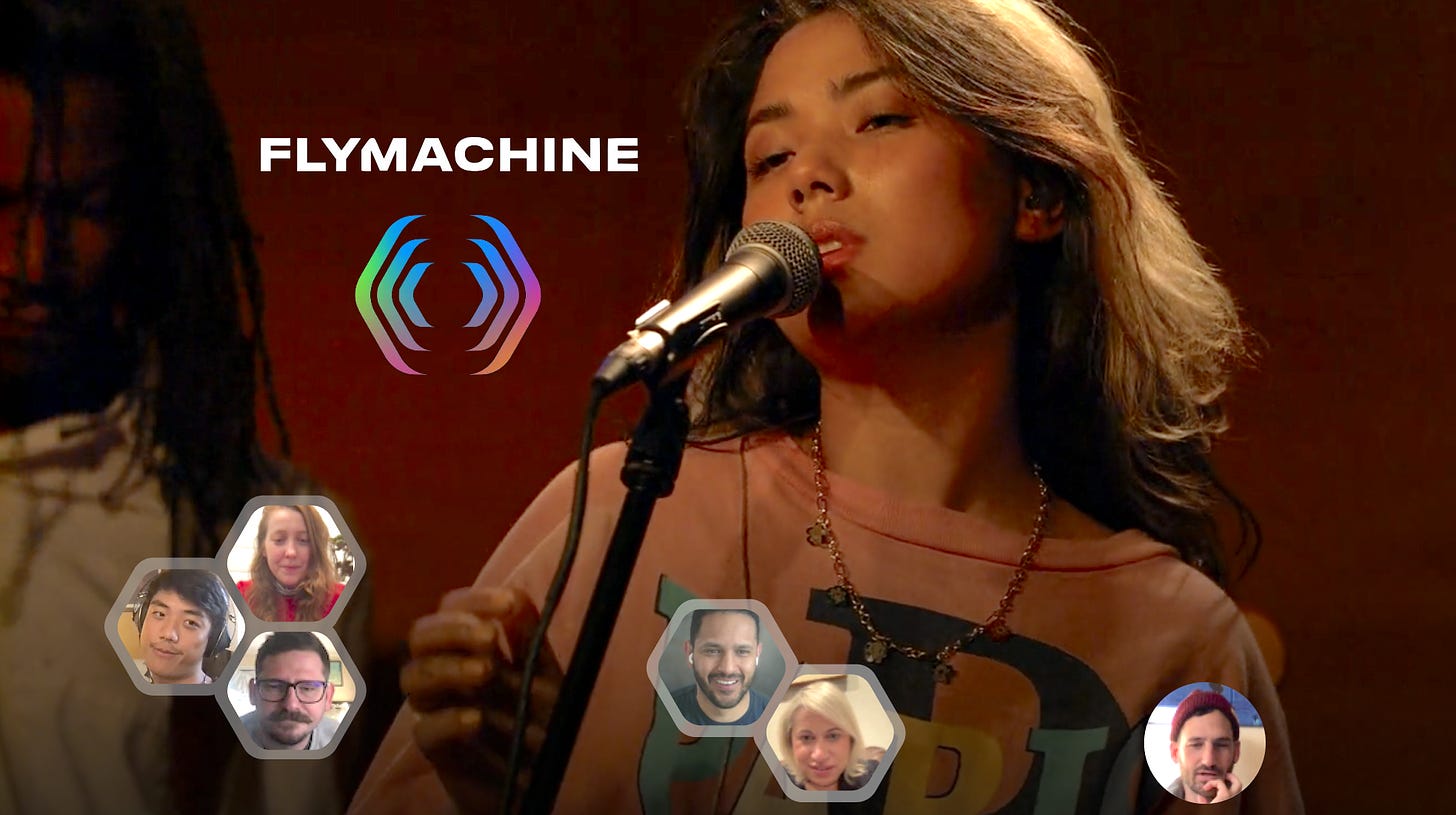
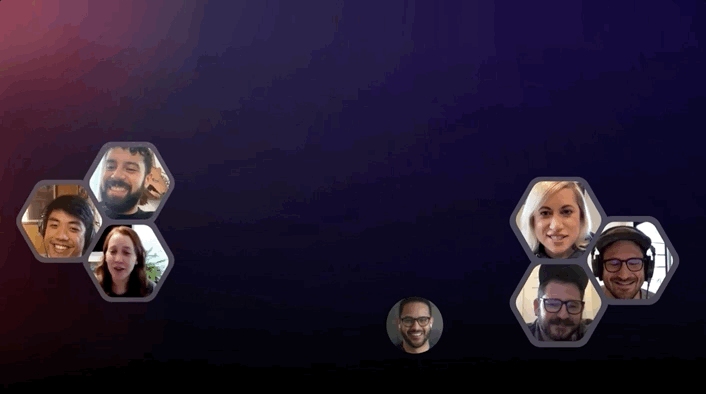
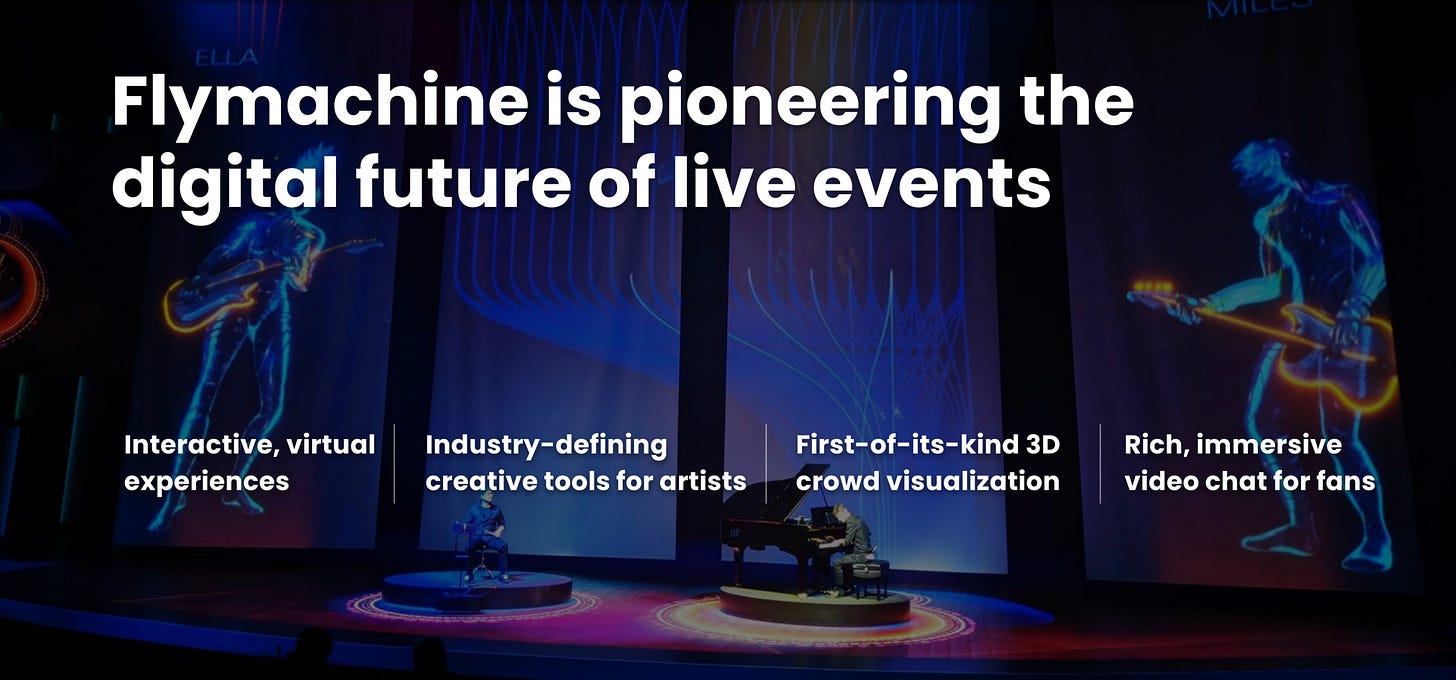
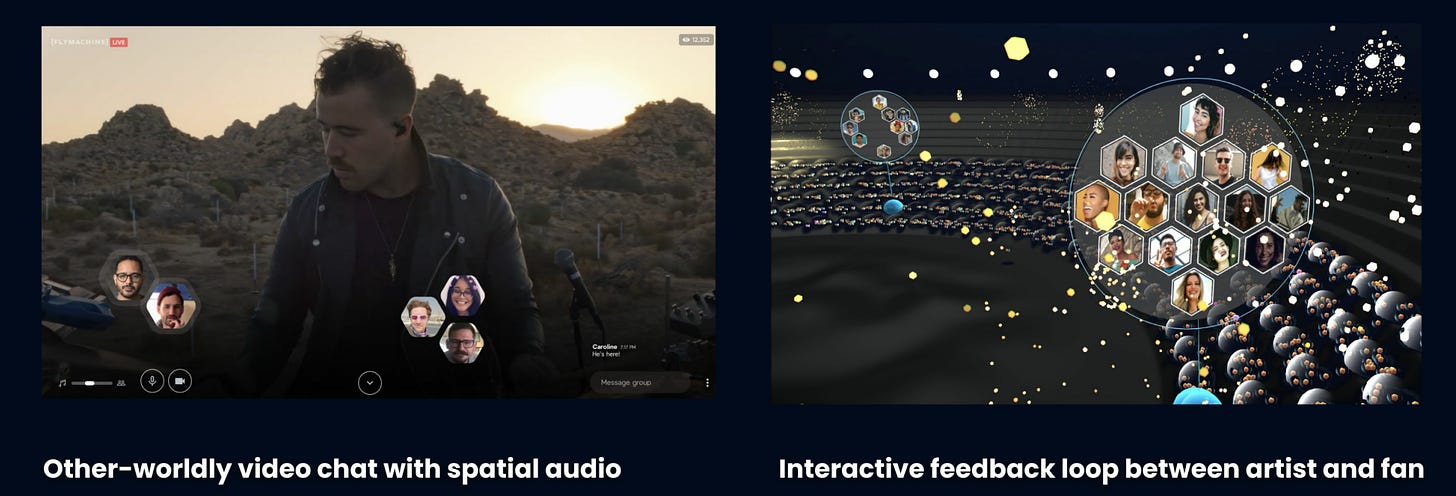
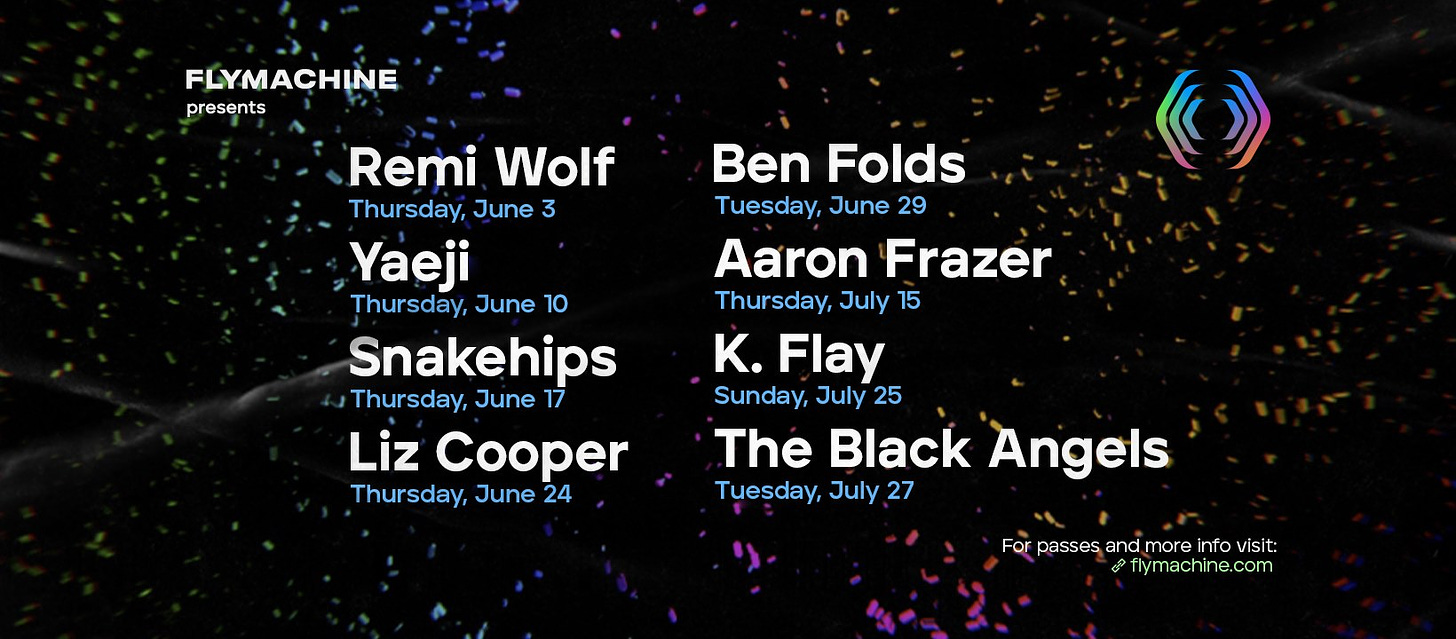
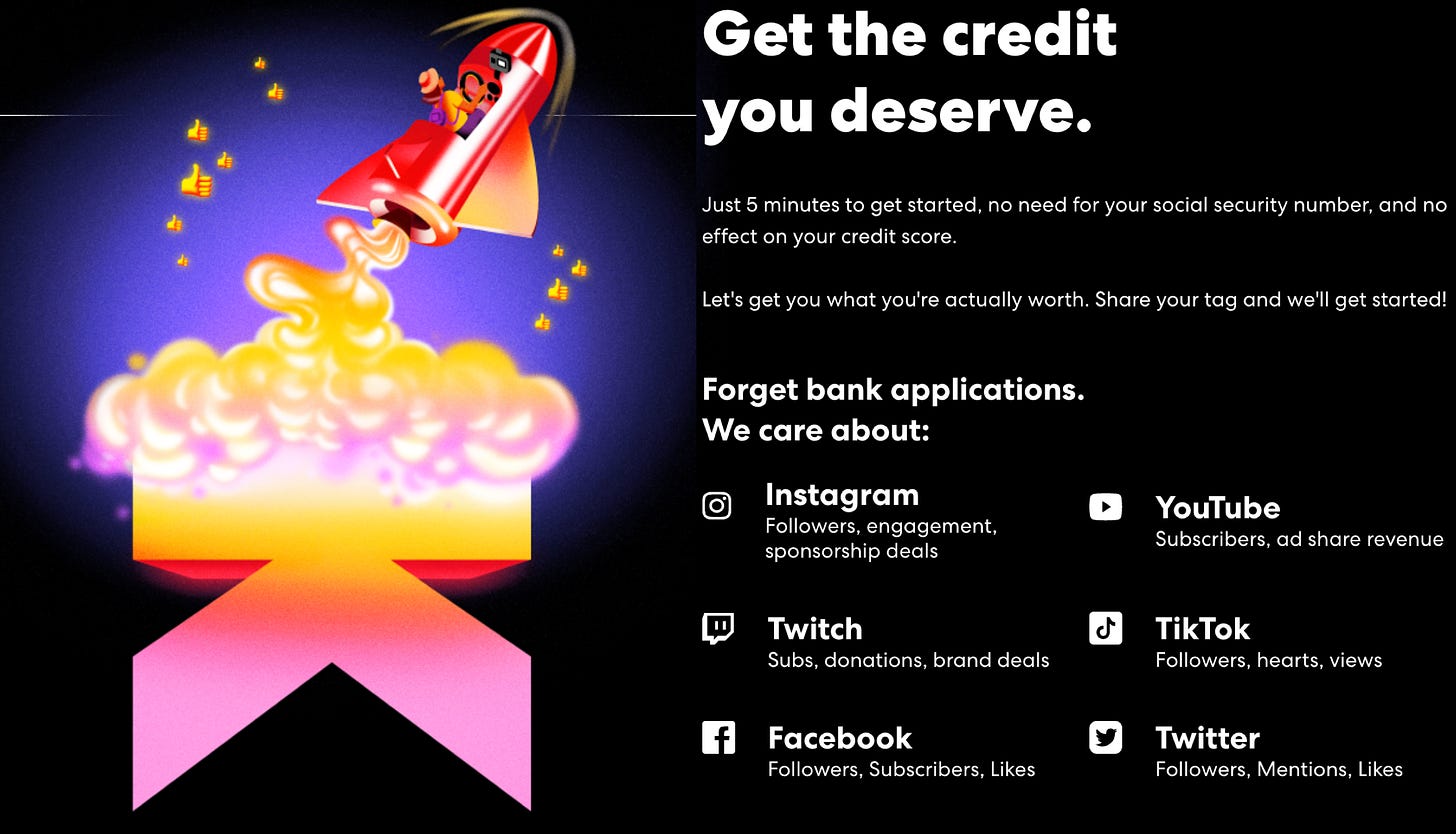


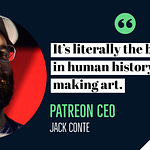

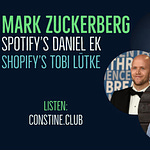
Share this post